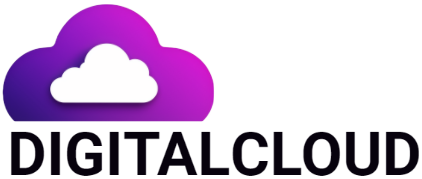In the modern era, the web has become an integral part of our daily lives, permeating every aspect of society, including the economy. Its transformative power has redefined traditional business models, opened up global markets, and catalyzed innovation. Let’s delve into the symbiotic relationship between the web and the economy, exploring how they fuel growth and create endless possibilities.
The web serves as a catalyst for economic growth, leveling the playing field and enabling businesses of all sizes to reach a global audience. With a website or online presence, companies can expand their reach beyond geographical boundaries, tapping into new markets and unlocking unprecedented growth opportunities. Small businesses, in particular, benefit immensely from the web’s democratizing effect, as they can compete with larger enterprises on a more level playing field.
E-commerce has emerged as a prominent force in the web-driven economy, revolutionizing the way goods and services are bought and sold. Online marketplaces and storefronts enable businesses to operate 24/7, reaching customers across time zones. This accessibility not only boosts sales but also provides consumers with greater convenience, choice, and competitive pricing.
Furthermore, the web has become a hub for entrepreneurship and innovation. With minimal barriers to entry, aspiring entrepreneurs can launch their startups and scale them rapidly. Online platforms offer valuable resources, such as funding opportunities, mentorship programs, and collaboration networks, fostering a vibrant ecosystem for innovation and economic growth.
The web’s impact on the economy extends beyond commerce. It has transformed sectors such as education, healthcare, and entertainment, offering new avenues for service delivery and accessibility. Online education platforms enable lifelong learning, while telemedicine brings healthcare services to remote areas. Digital entertainment streaming services have revolutionized how we consume media, providing personalized experiences and disrupting traditional distribution models.
Data-driven insights and analytics derived from web interactions have become invaluable assets for businesses. By harnessing user behavior data, companies can make informed decisions, refine their strategies, and deliver personalized experiences. This targeted approach enhances customer satisfaction, fosters loyalty, and drives business growth.
As the web continues to evolve, technologies like artificial intelligence (AI), blockchain, and the Internet of Things (IoT) further amplify its impact on the economy. AI-powered chatbots enhance customer service, while blockchain technology brings transparency and security to financial transactions. IoT devices facilitate seamless connectivity, enabling businesses to optimize operations and deliver innovative products and services.
However, it is important to address the challenges and considerations that arise with the web’s integration into the economy. Data privacy, cybersecurity, and digital divide issues require continuous attention and proactive measures. Governments and organizations must collaborate to establish regulatory frameworks that foster trust, protect consumer rights, and promote fair competition in the digital landscape.


